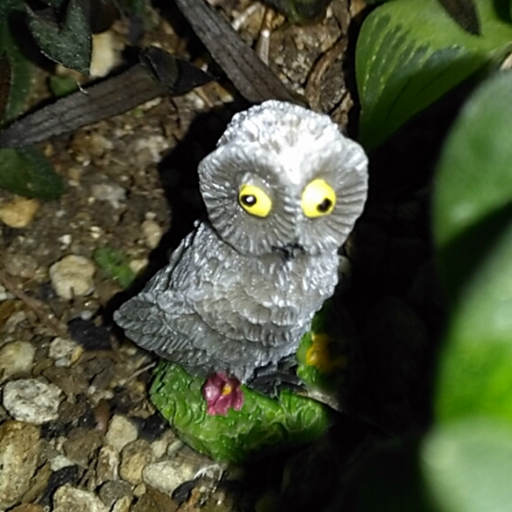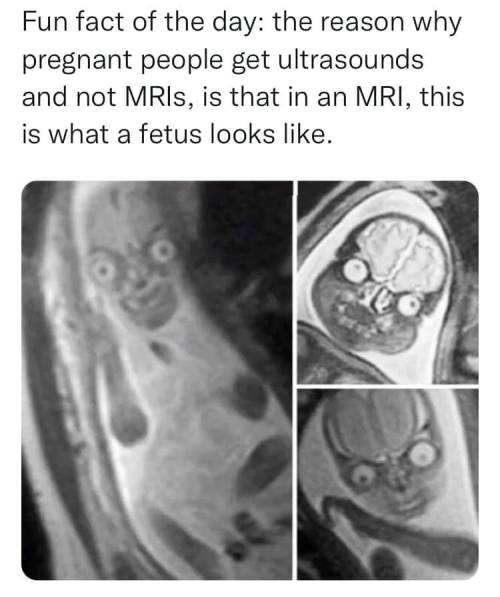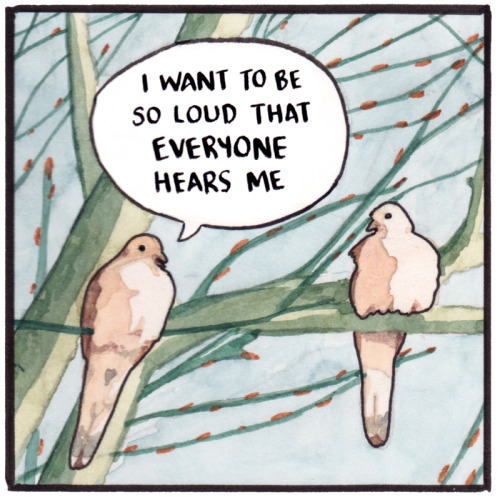gatheringbones:[“Sometimes it’s a curse, and sometimes it’s a blessing,” said Greg Siegle, a psychiatrist and neuroscientist at the University of Pittsburgh. He studies the brains of C-PTSD patients, and he told me that my suspicions were right—there
![]()
gatheringbones:[“Sometimes it’s a curse, and sometimes it’s a blessing,” said Greg Siegle, a psychiatrist and neuroscientist at the University of Pittsburgh. He studies the brains of C-PTSD patients, and he told me that my suspicions were right—there

gatheringbones:[“Sometimes it’s a curse, and sometimes it’s a blessing,” said Greg Siegle, a psychiatrist and neuroscientist at the University of Pittsburgh. He studies the brains of C-PTSD patients, and he told me that my suspicions were right—there

gatheringbones:[“Sometimes it’s a curse, and sometimes it’s a blessing,” said Greg Siegle, a psychiatrist and neuroscientist at the University of Pittsburgh. He studies the brains of C-PTSD patients, and he told me that my suspicions were right—there

gatheringbones:[“Sometimes it’s a curse, and sometimes it’s a blessing,” said Greg Siegle, a psychiatrist and neuroscientist at the University of Pittsburgh. He studies the brains of C-PTSD patients, and he told me that my suspicions were right—there

gatheringbones:[“Sometimes it’s a curse, and sometimes it’s a blessing,” said Greg Siegle, a psychiatrist and neuroscientist at the University of Pittsburgh. He studies the brains of C-PTSD patients, and he told me that my suspicions were right—there

gatheringbones:[“Sometimes it’s a curse, and sometimes it’s a blessing,” said Greg Siegle, a psychiatrist and neuroscientist at the University of Pittsburgh. He studies the brains of C-PTSD patients, and he told me that my suspicions were right—there

gatheringbones:[“Sometimes it’s a curse, and sometimes it’s a blessing,” said Greg Siegle, a psychiatrist and neuroscientist at the University of Pittsburgh. He studies the brains of C-PTSD patients, and he told me that my suspicions were right—there

gatheringbones:[“Sometimes it’s a curse, and sometimes it’s a blessing,” said Greg Siegle, a psychiatrist and neuroscientist at the University of Pittsburgh. He studies the brains of C-PTSD patients, and he told me that my suspicions were right—there

gatheringbones:[“Sometimes it’s a curse, and sometimes it’s a blessing,” said Greg Siegle, a psychiatrist and neuroscientist at the University of Pittsburgh. He studies the brains of C-PTSD patients, and he told me that my suspicions were right—there






